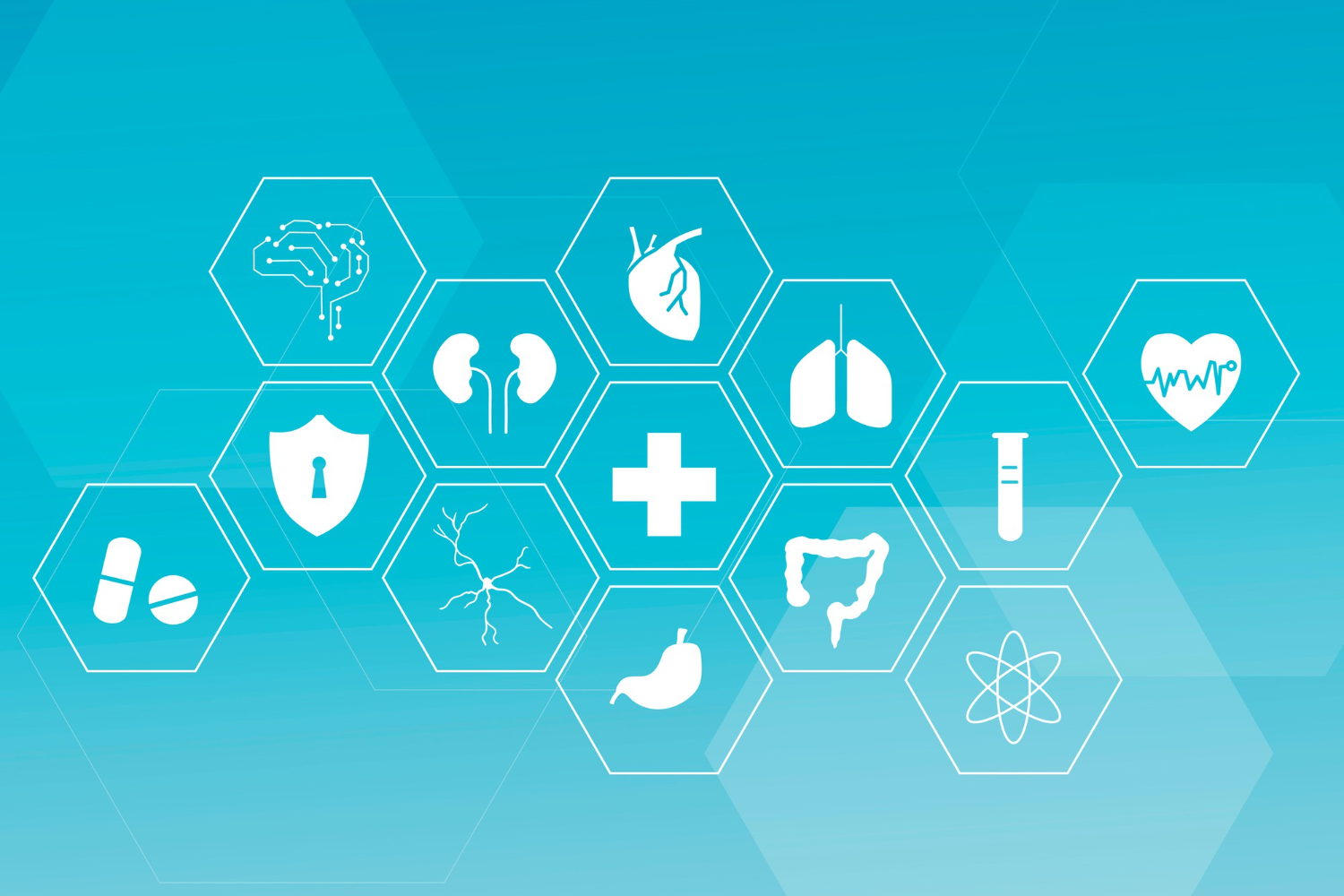HIPAA
Health Insurance Portability and Accountability Act
Standard brief
HIPAA is the Health Insurance Portability and Accountability Act of 1996, a law intended to make it easier for people to keep their health insurance when they change jobs. The law set standards for the electronic exchange of patient information, including protecting the privacy of such records. The U.S. Department of Health and Human Services issued the Privacy Rule to implement that aspect of the law, and its Office of Civil Rights is in charge of enforcing it. Its primary goals are to make it easier for people to keep health insurance, protect the security and confidentiality of private healthcare information, and help the healthcare industry control administrative costs.
Benefits
- Fosters a culture of compliance and common understanding of “the right way” to handle patient information
- Ensures that every member of a healthcare organization understands the practices necessary to protect both the privacy and security of patients’ and thus create a ‘human firewall’ against a data breach.
- Teaches staff that protecting patients’ PHI is just another aspect of keeping patients safe – as important as infection control, fall-prevention, and medication safety measures.
- Promotes careful handling of PHI to improve patient satisfaction and increases HCAHPS (Hospital Consumer Assessment of Healthcare Providers and Systems) score.
- Increases healthcare provider’s awareness and provides specific instruction about how to keep patients’ records safe.
- Eliminates providers’ need to choose between speed of communication and legal risk by sharing PHI in accordance with HIPAA regulations
- Reduces executive and organizational liability.
- Protects the organization and staff from personal liability. Staff training is required by law.
- Allows for positive differentiation among competitors, as HIPAA compliant practices are more secure as it relates to patient information.
- Helps build a foundation for future technology implementations.
- Proactively helps organizations avoid expensive add-on security measures.
- Reduces medical errors, increase patient satisfaction and trust, improves quality of care, and create operational efficiencies
Concepts
- HIPAA Privacy Rule
- Individually Identifiable Health Information
- HIPAA Security Rule
- Technical Safeguards
- Physical Safeguards
- Administrative Safeguards
- PHI- Protected health information (PHI)
- ePHI- Electronic protected health information (ePHI)
- PII- Personally identifying information (PII)
- Audit Trail
- Covered Entities
International Compliance
GDPR
General Data Protection Regulation for personal data. Learn More
HIPAA
Health Insurance Portability and Accountability Act. Learn More
HACCP
Hazard Analysis and Critical Control Points for food safety. Learn More
FSSC 22000
Food Safety System Certification for food safety and quality. Learn More
Global G.A.P.
Good Agricultural Practices for quality agricultural produce. Learn More
GDP
Good Distribution Practice for pharma and food sectors. Learn More
GMP
Good Manufacturing Practice for manufacturing sectors. Learn More
GLP
Good Laboratory Practice for systematic laboratory operations. Learn More
RoHS
Restriction of Hazardous Substances for products in EU. Learn More
HALAL
Food safety practices and systems as per Shariah, Islamic Law. Learn More
KOSHER
Food safety practices as per standards of Kashrut, Jewish Law. Learn More
Let's Work Together
European Assessment and Certification Ltd.
19, Layton Crescent, Slough, SL38DP, UK.
Company Number 12819256
+44 7471 048859
info@e-ac.uk

